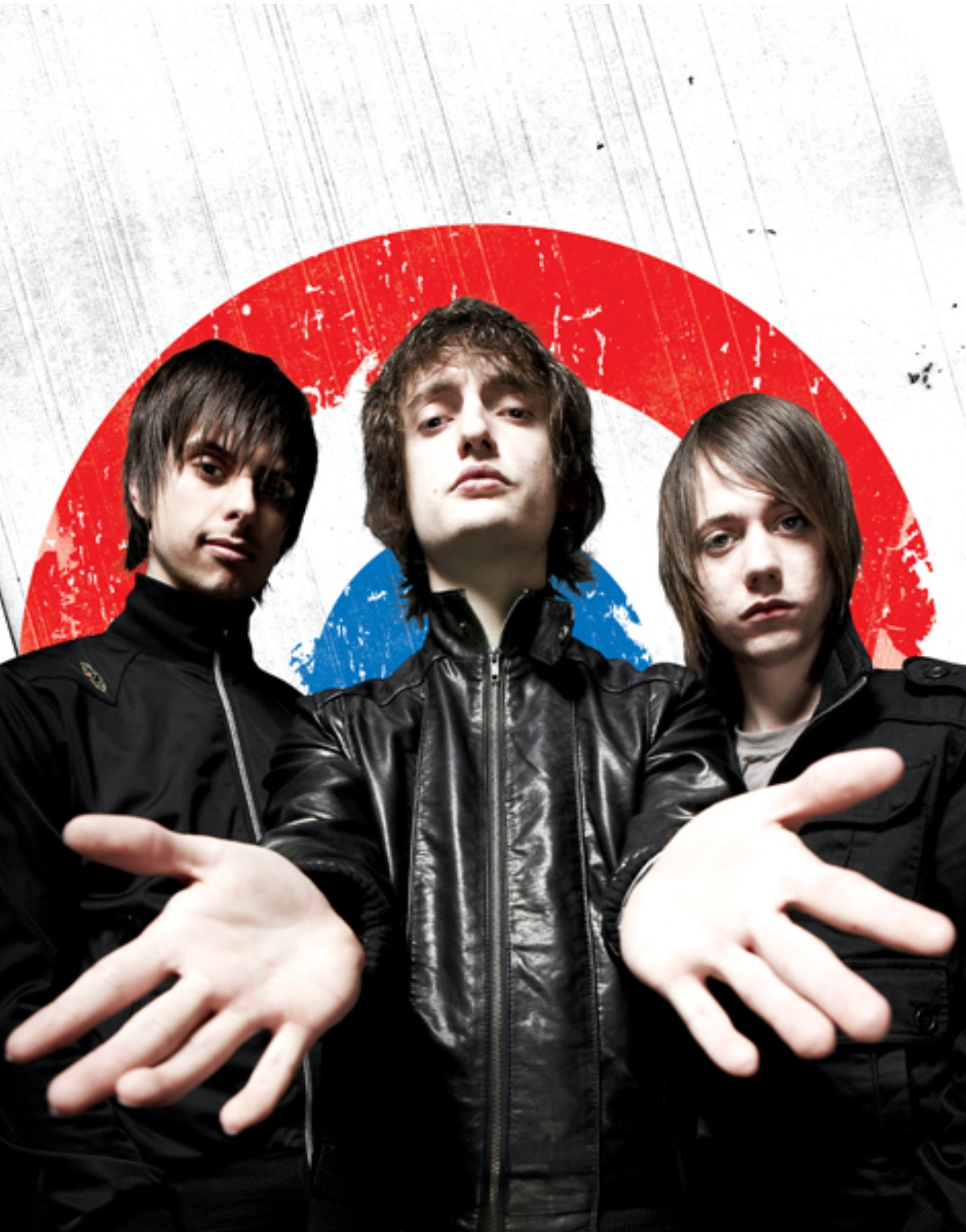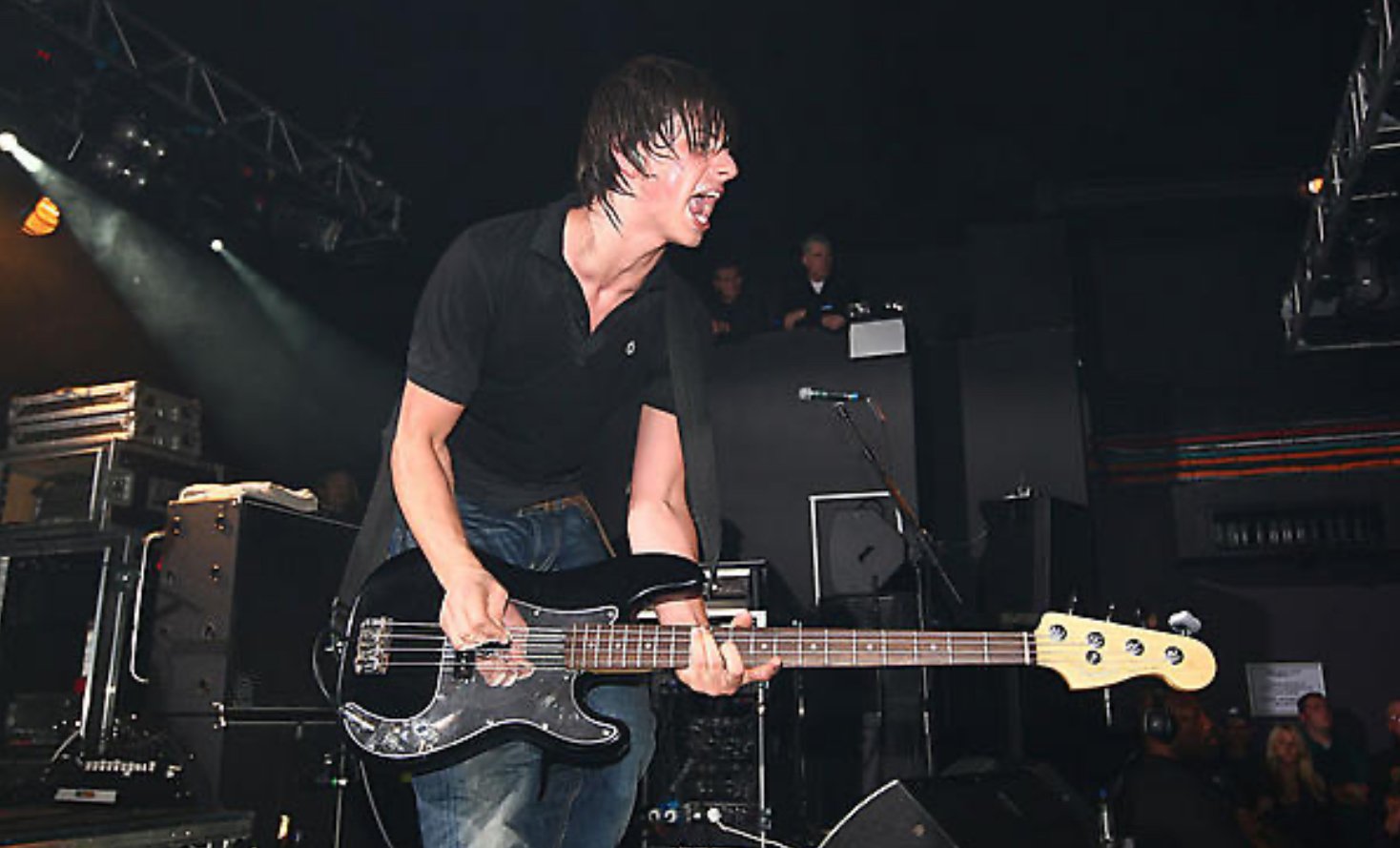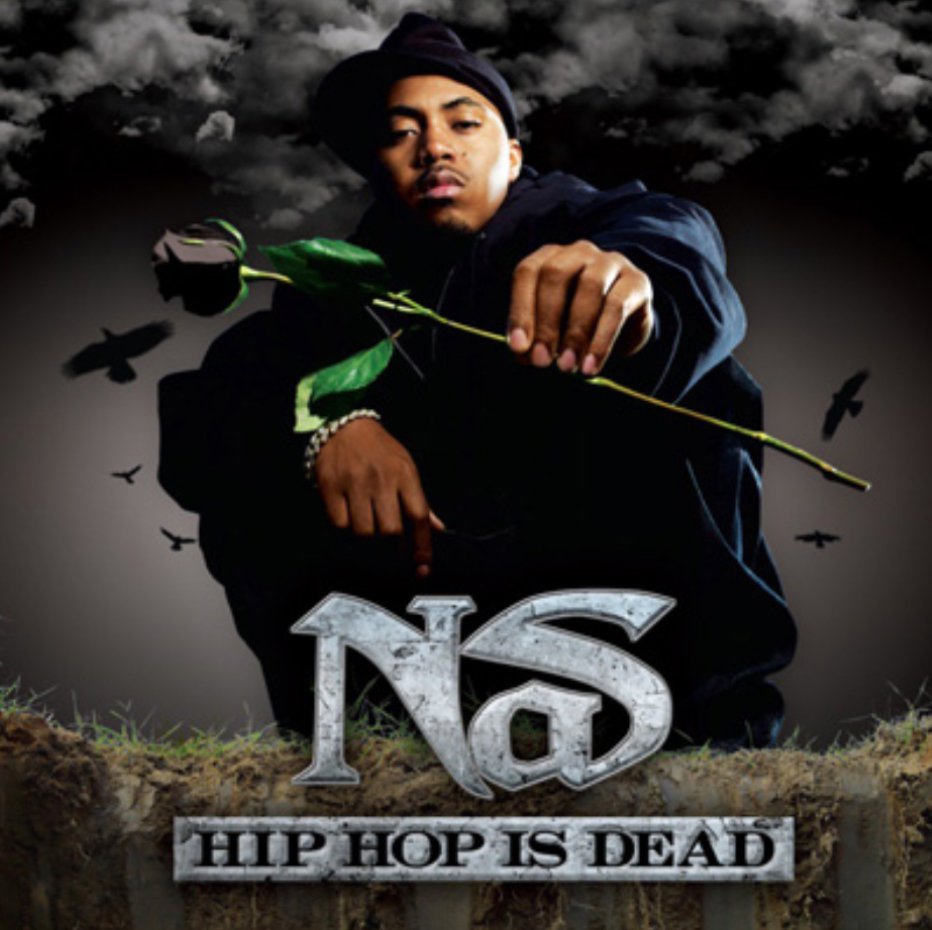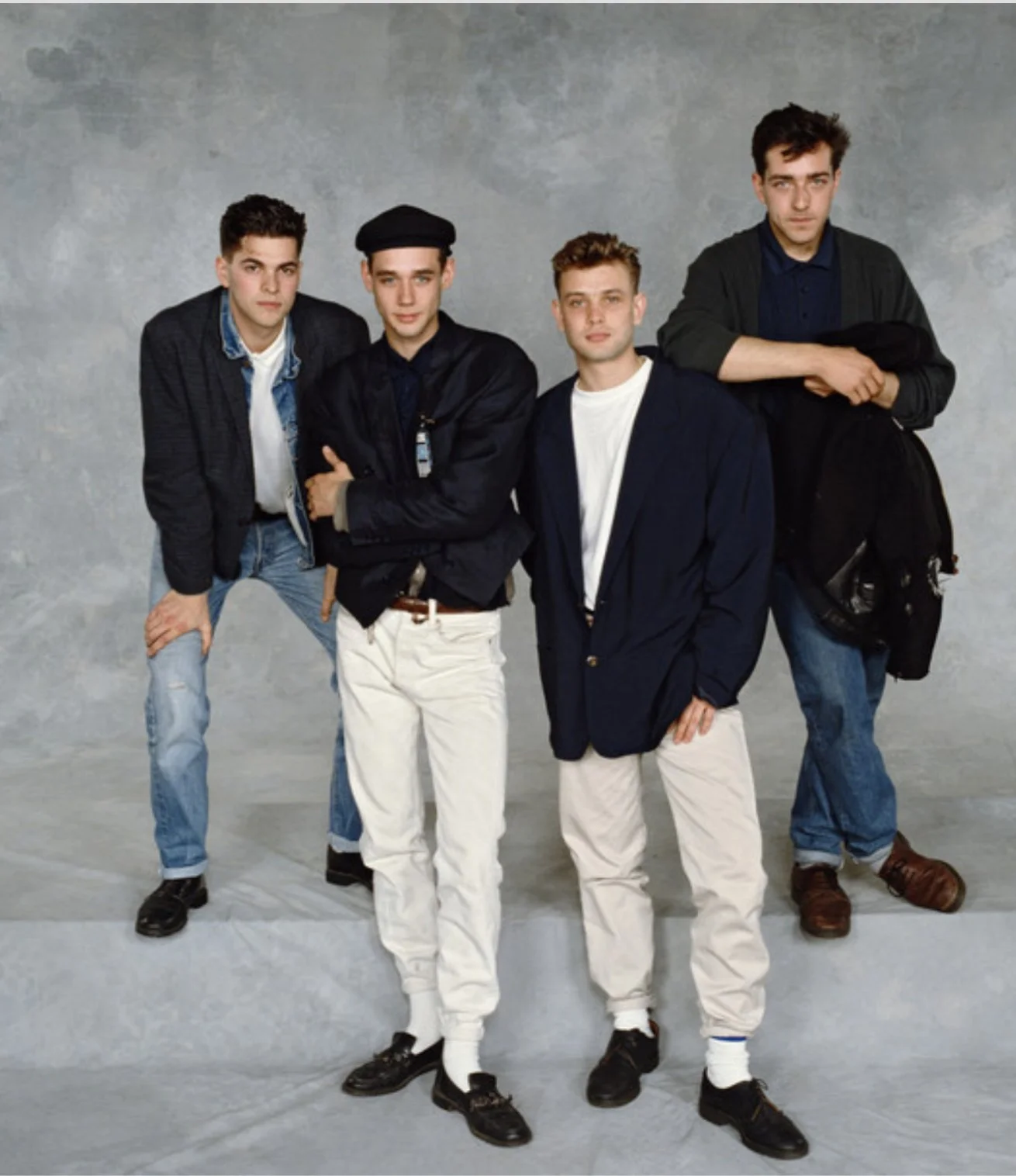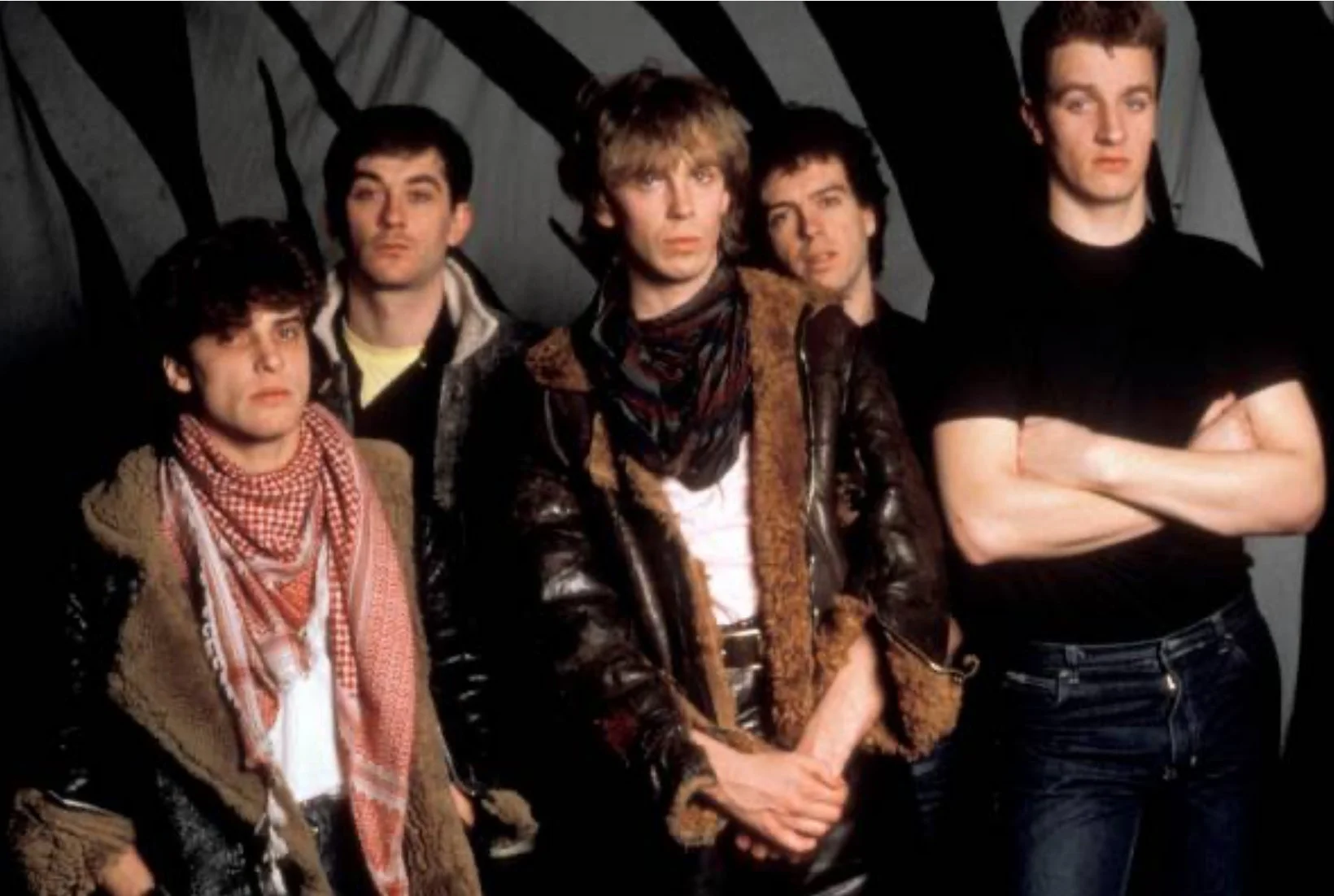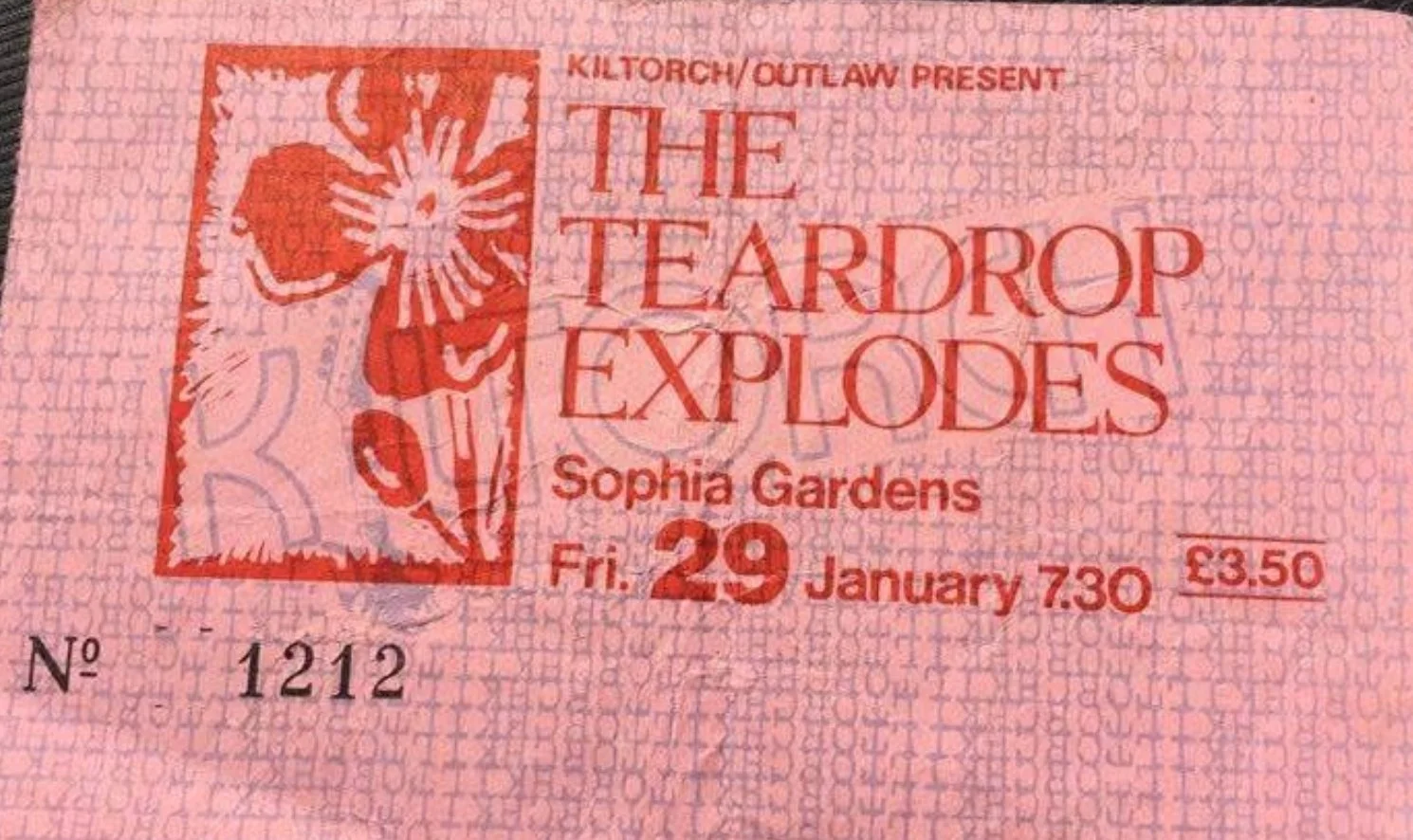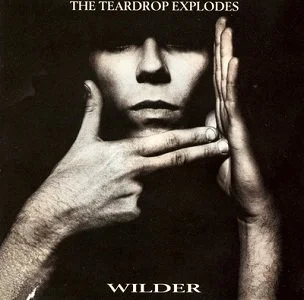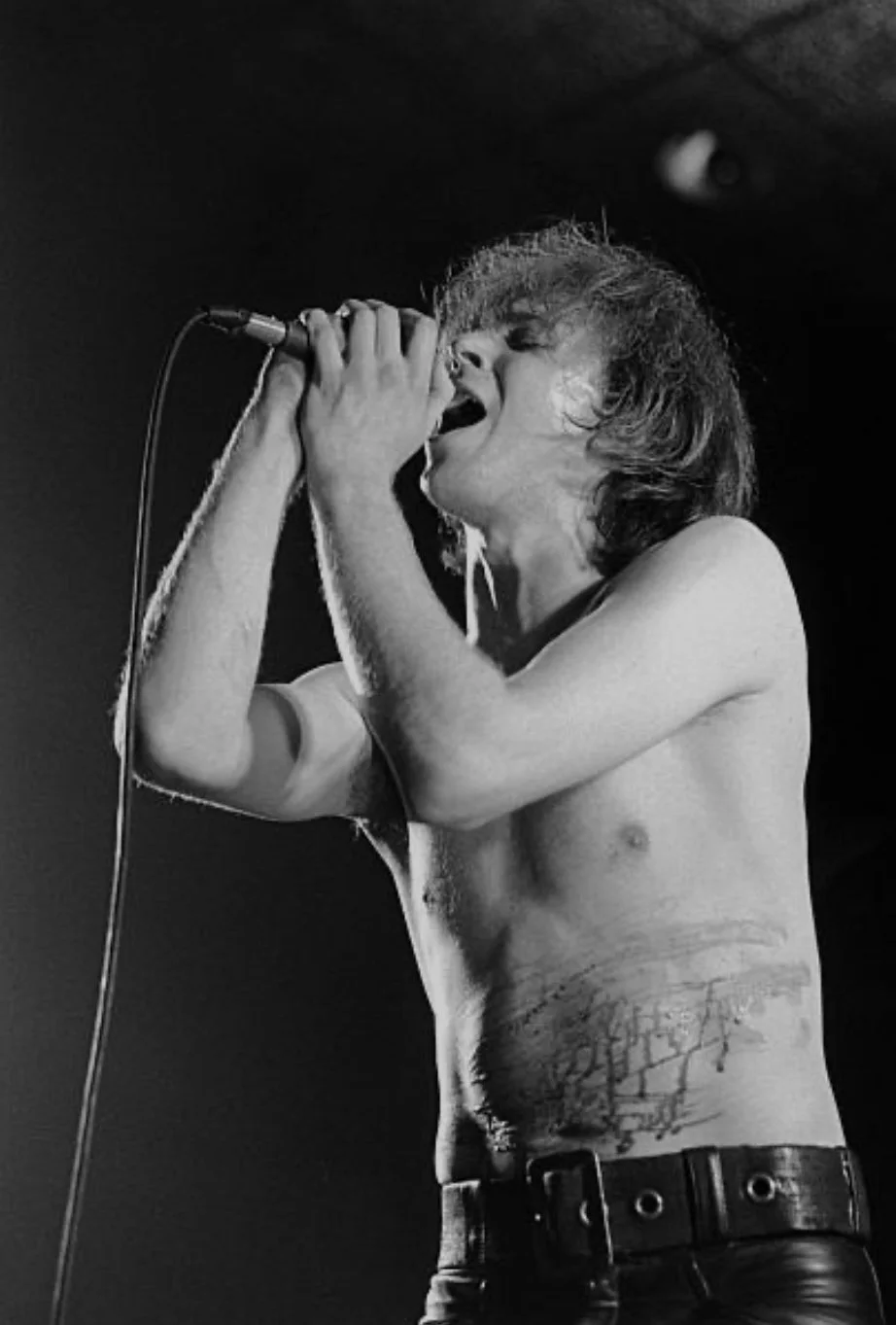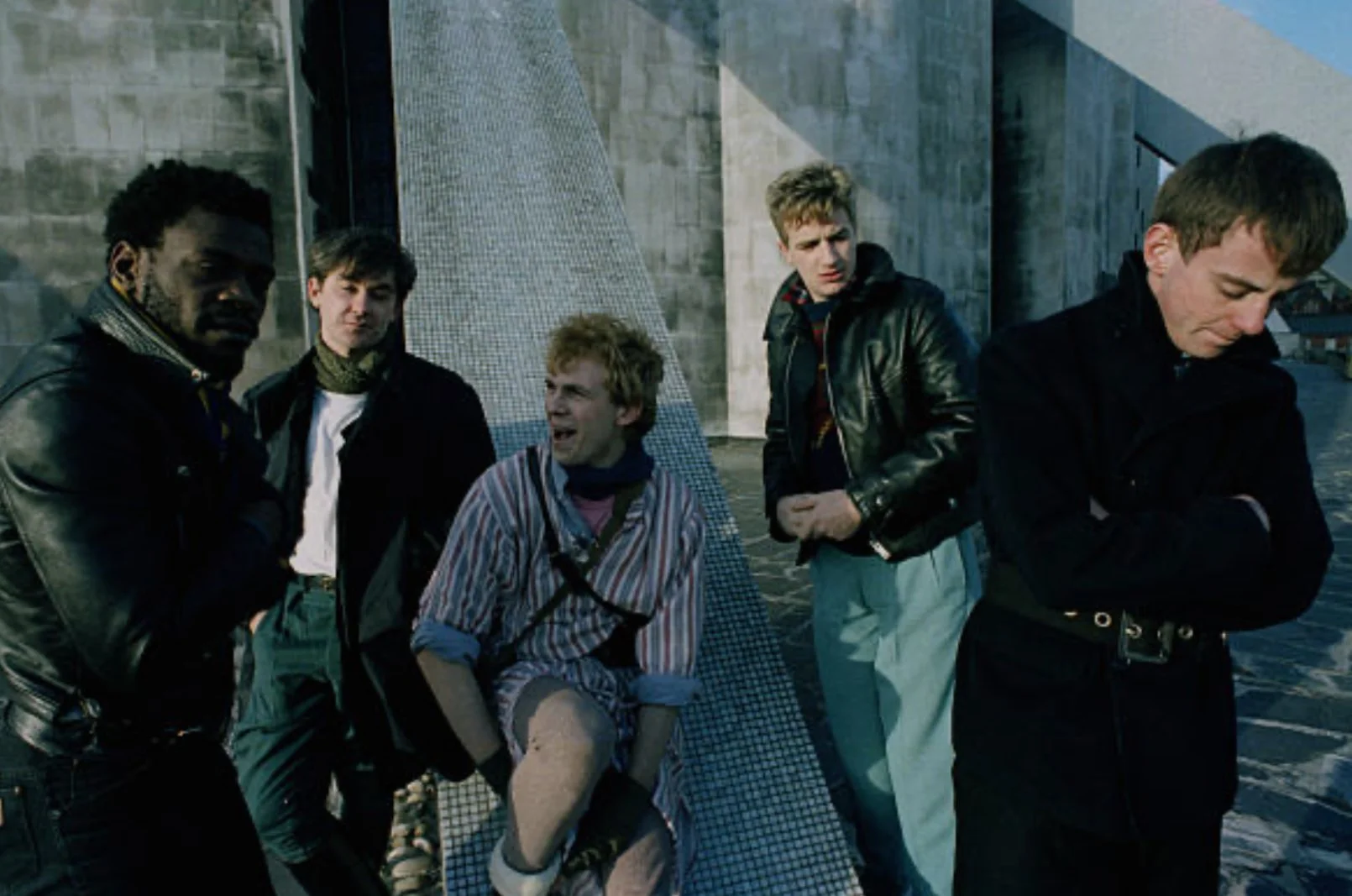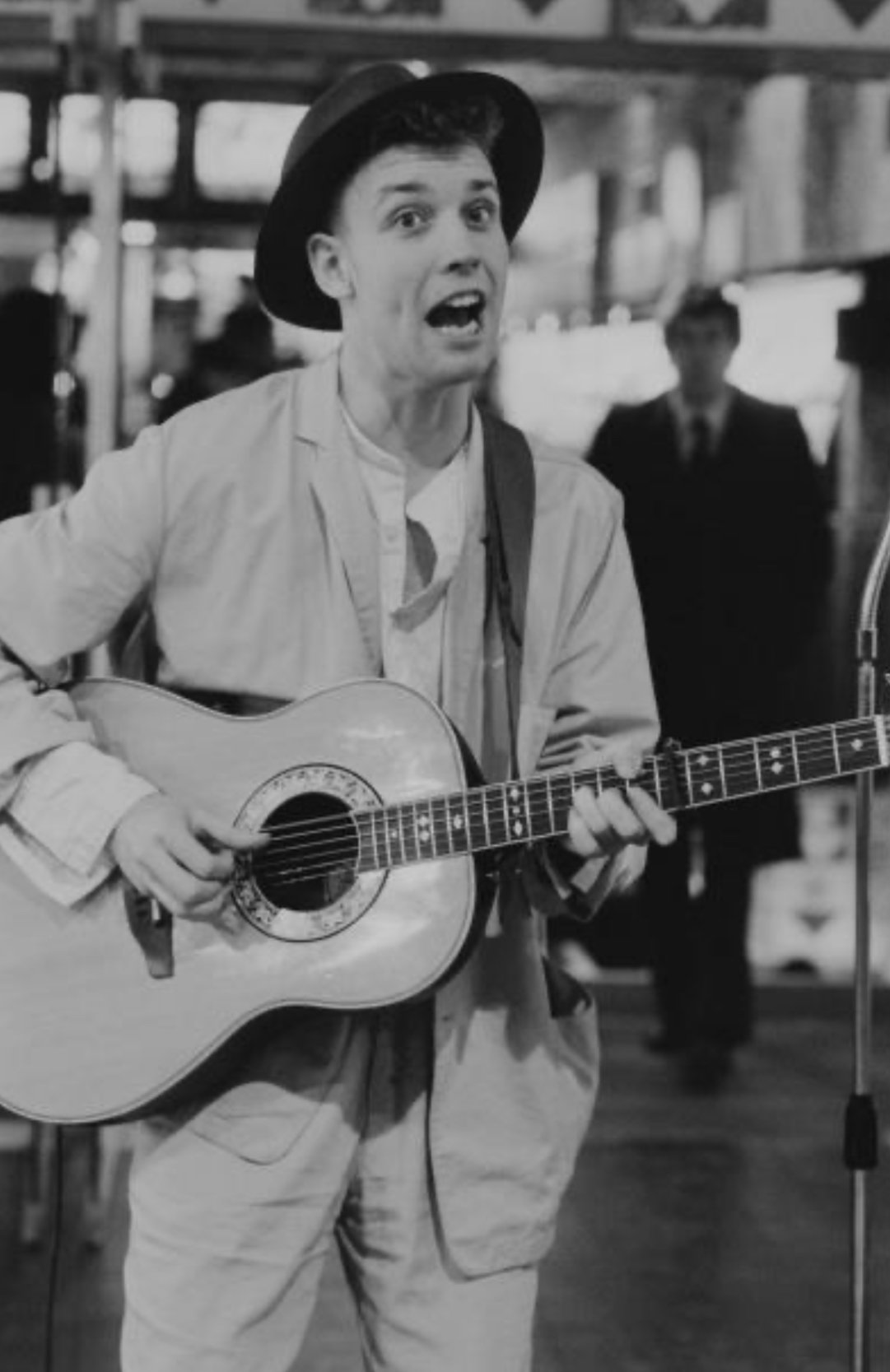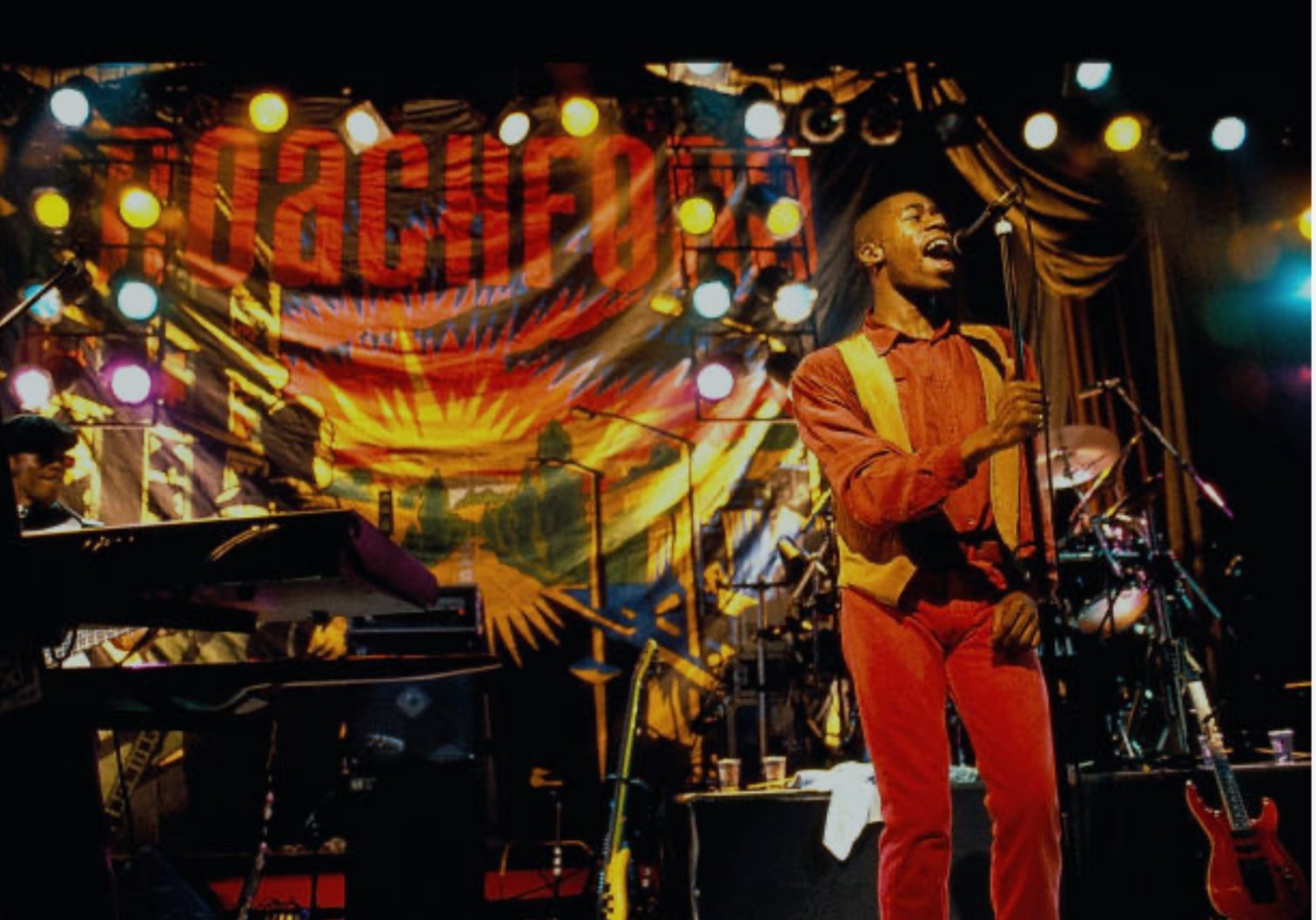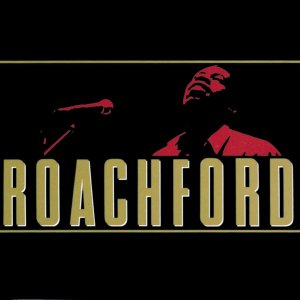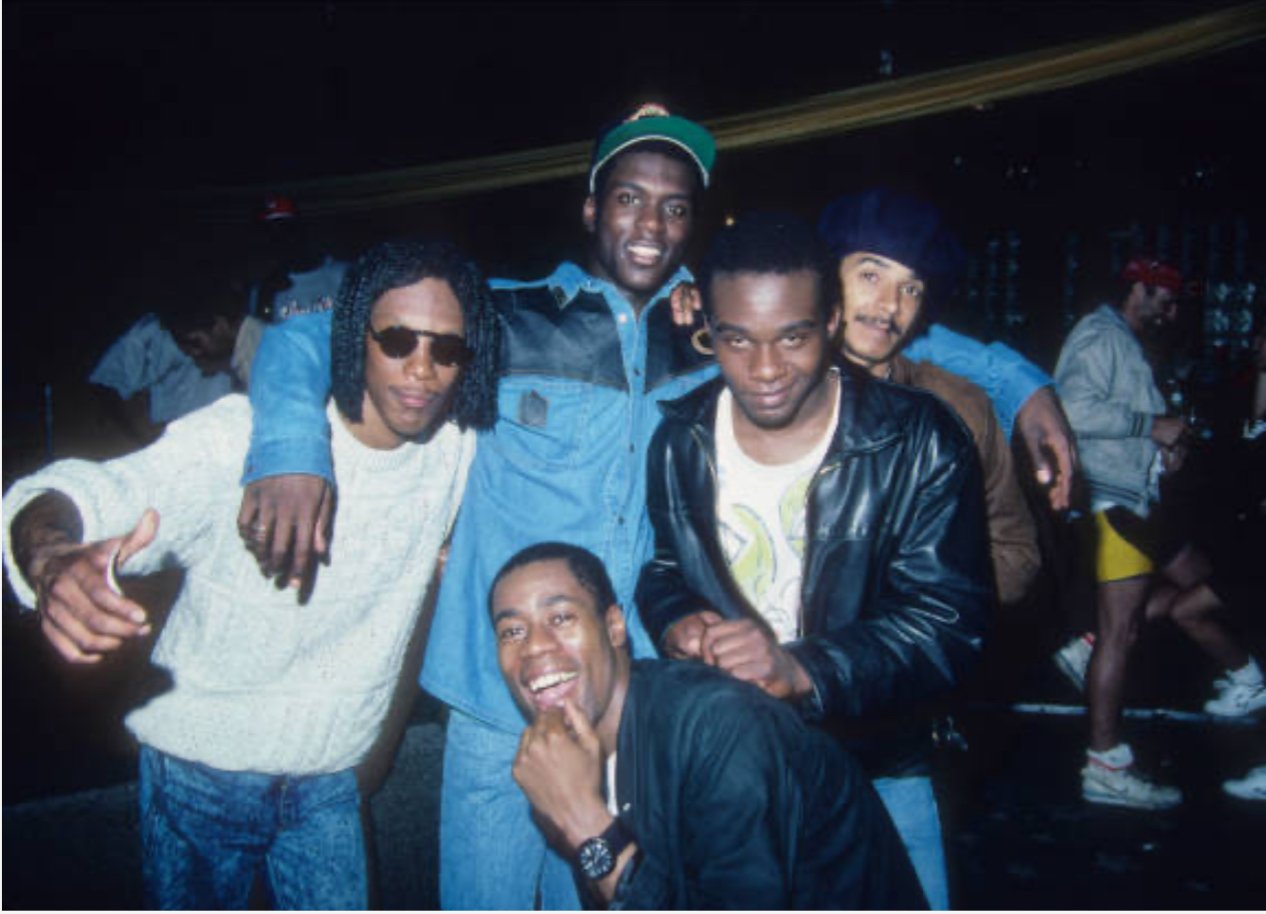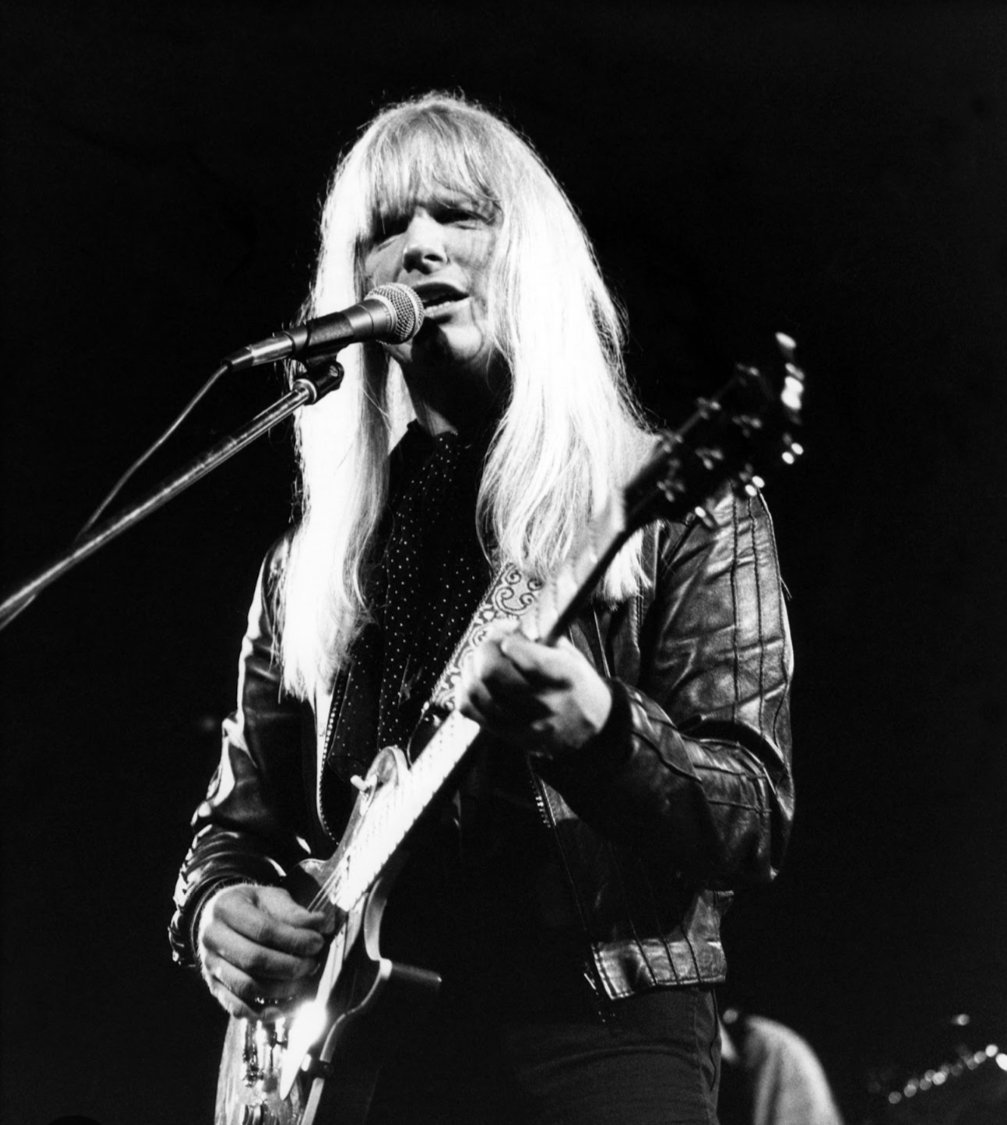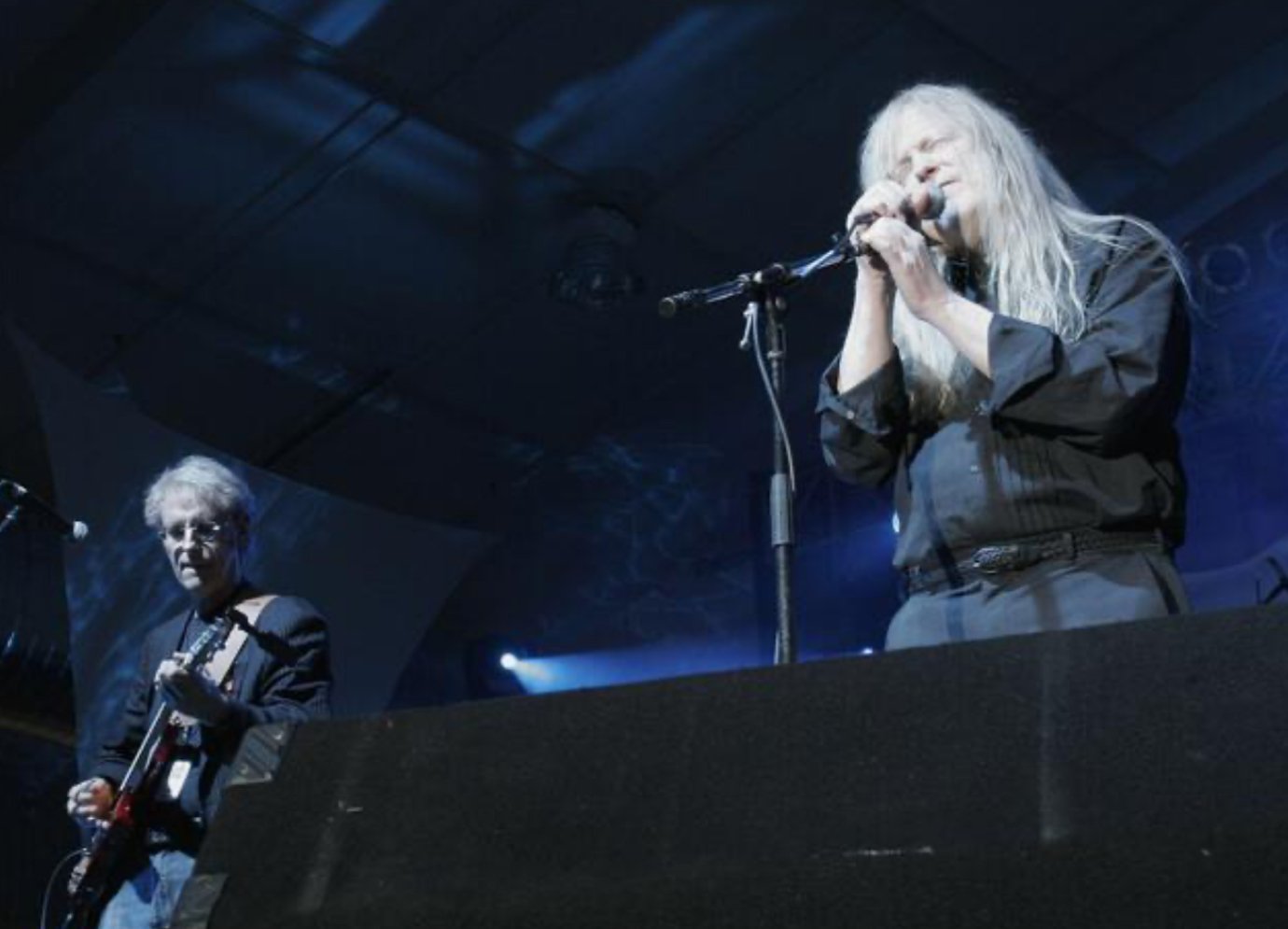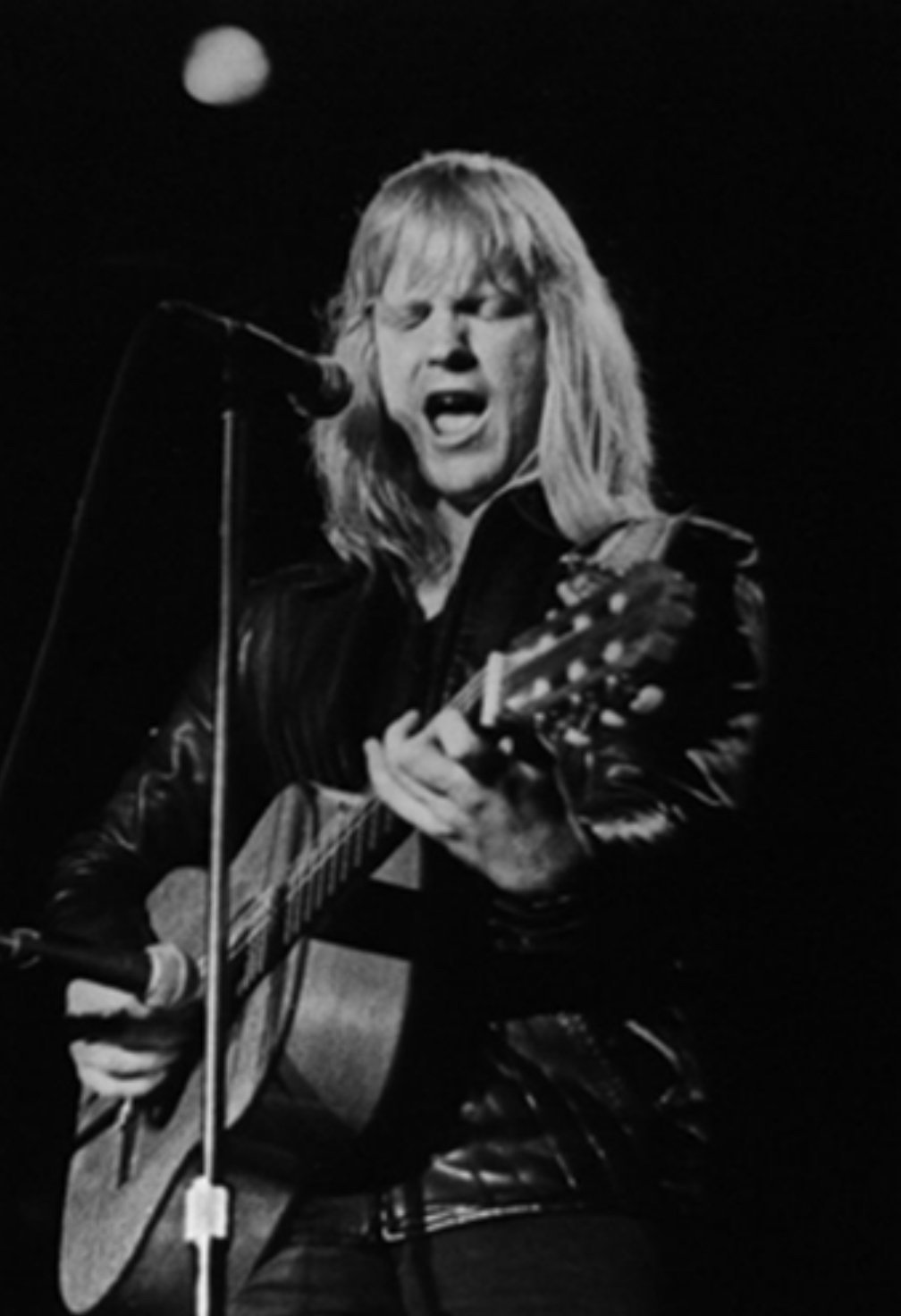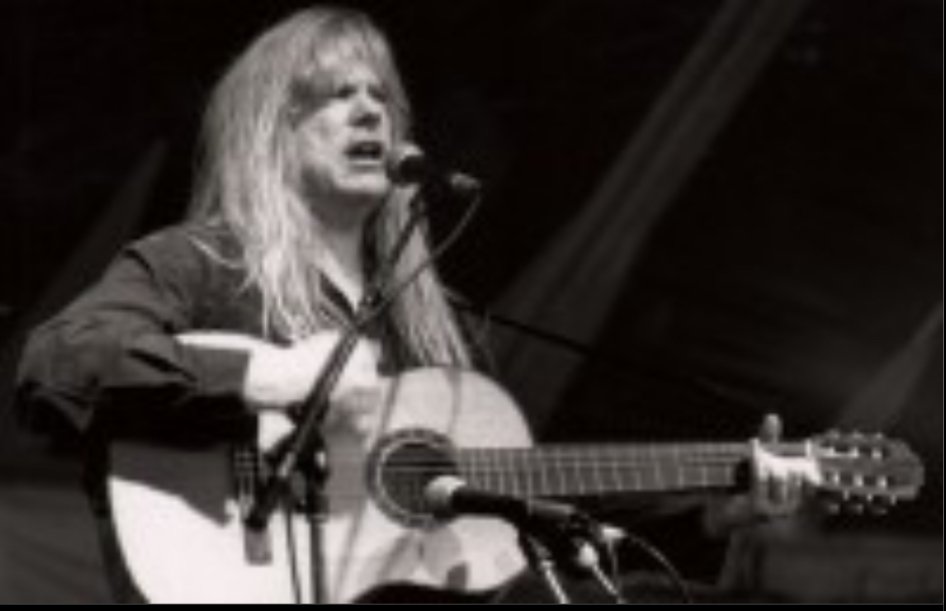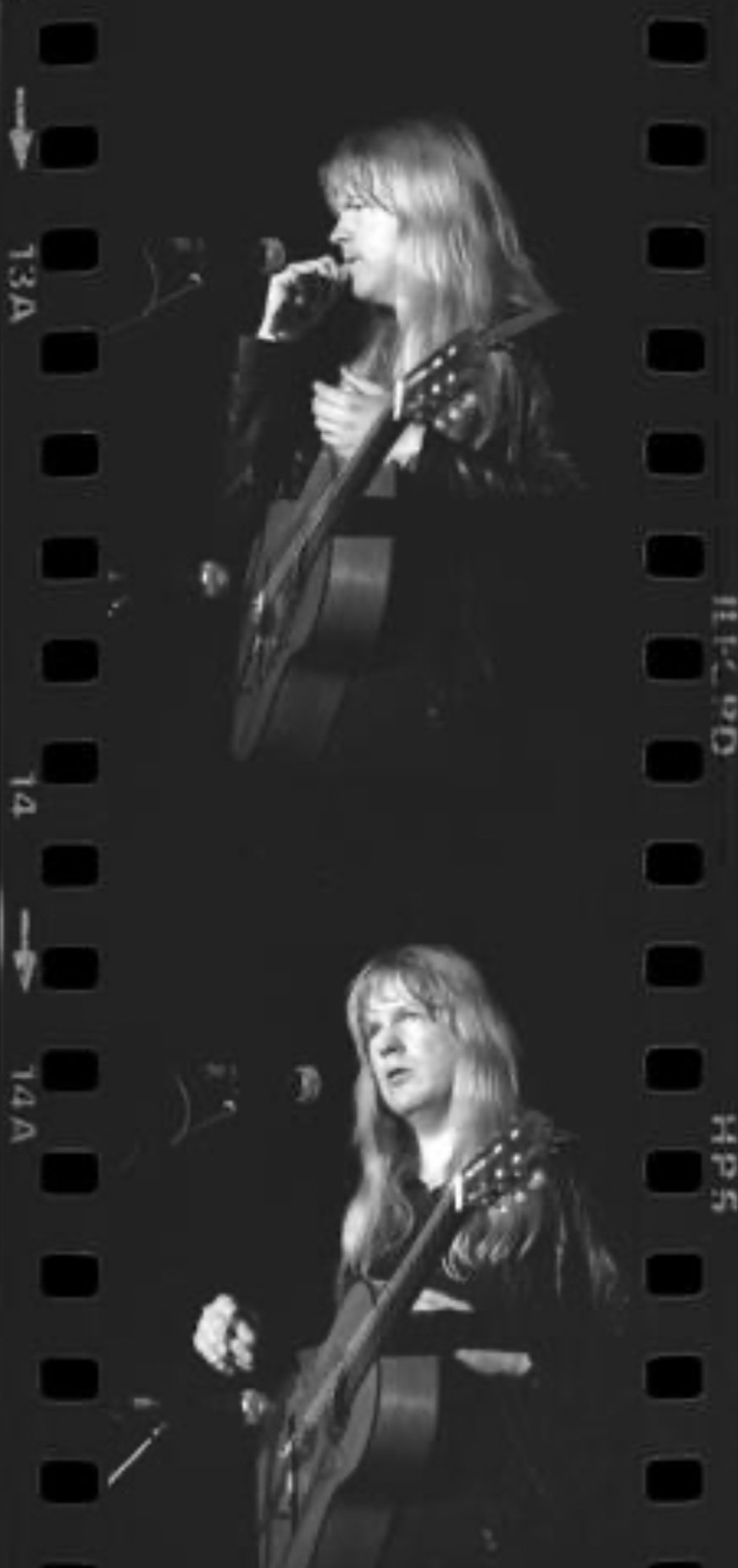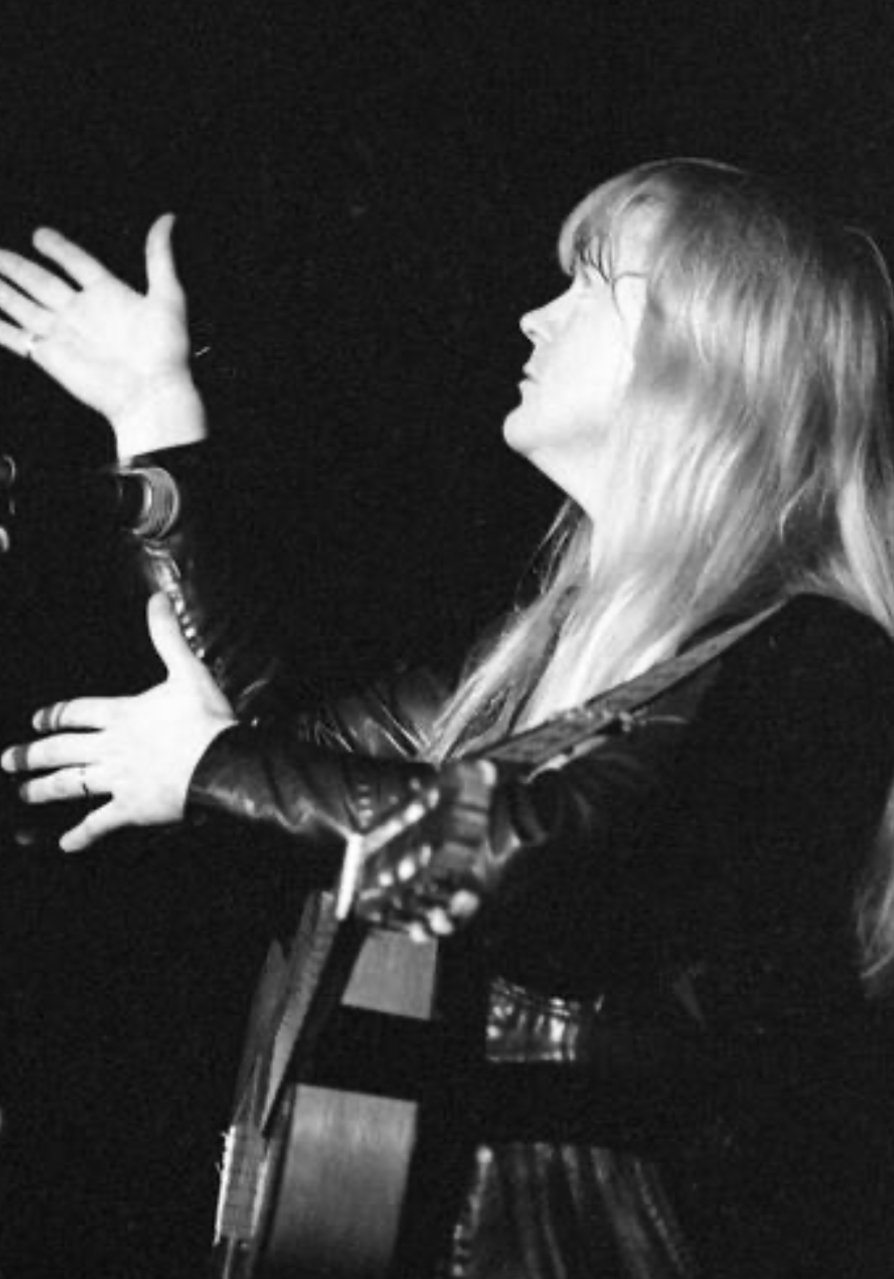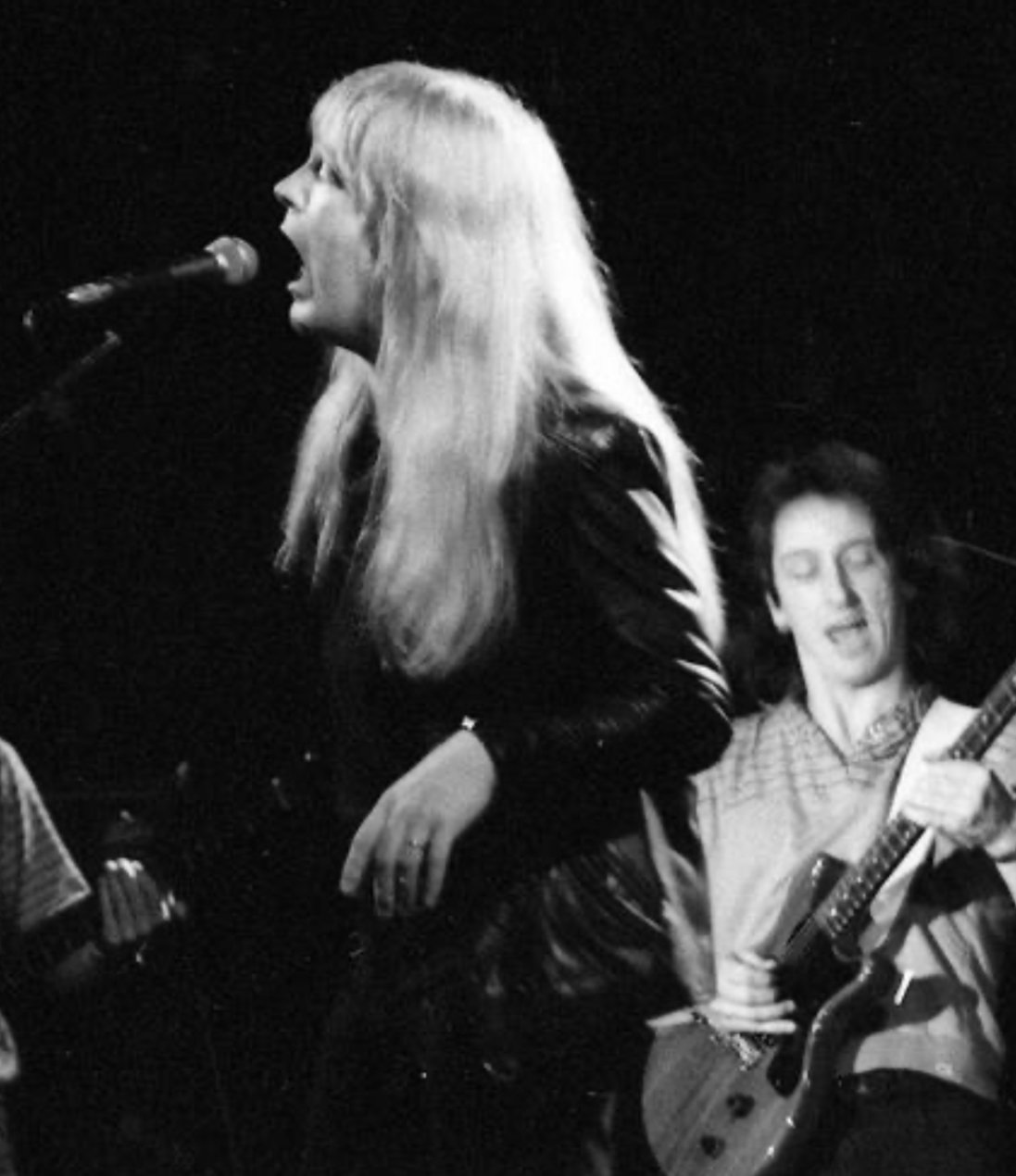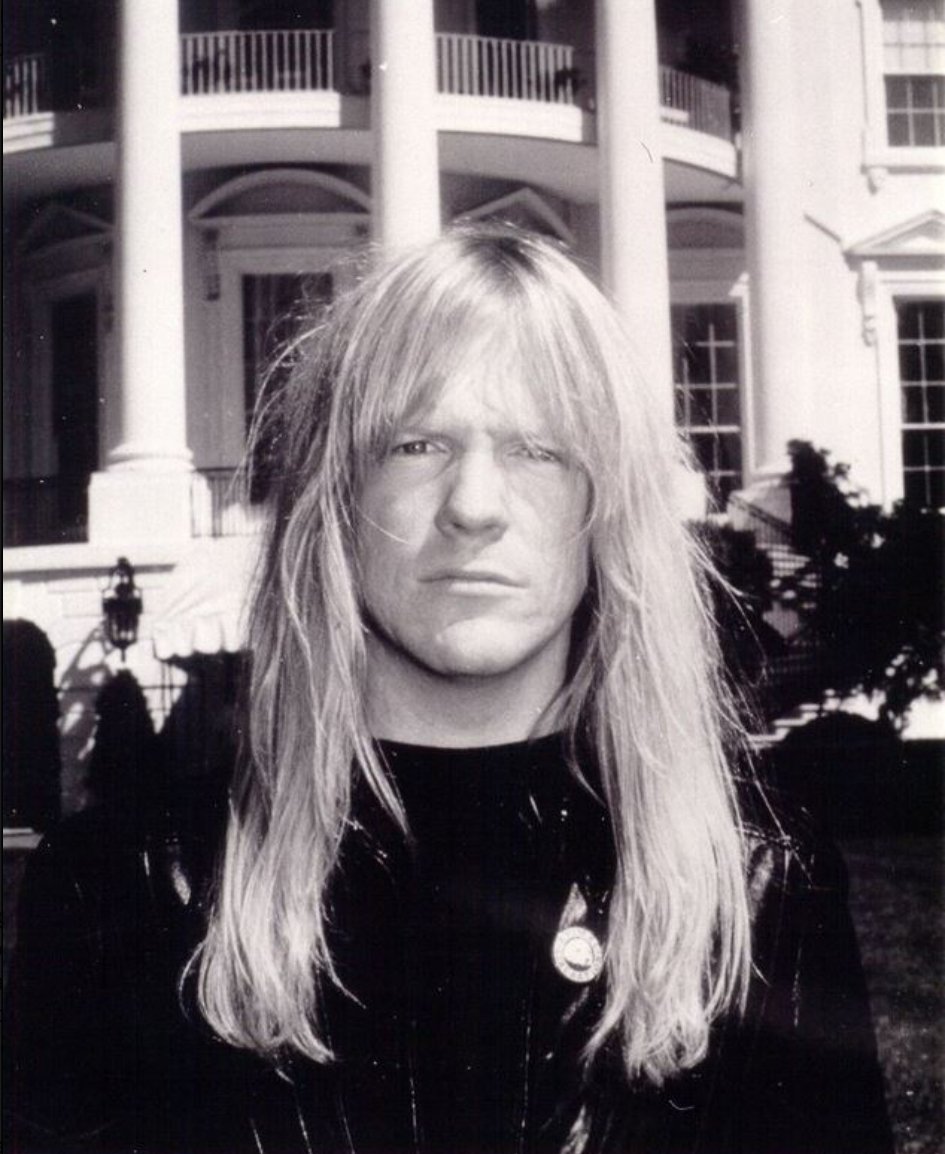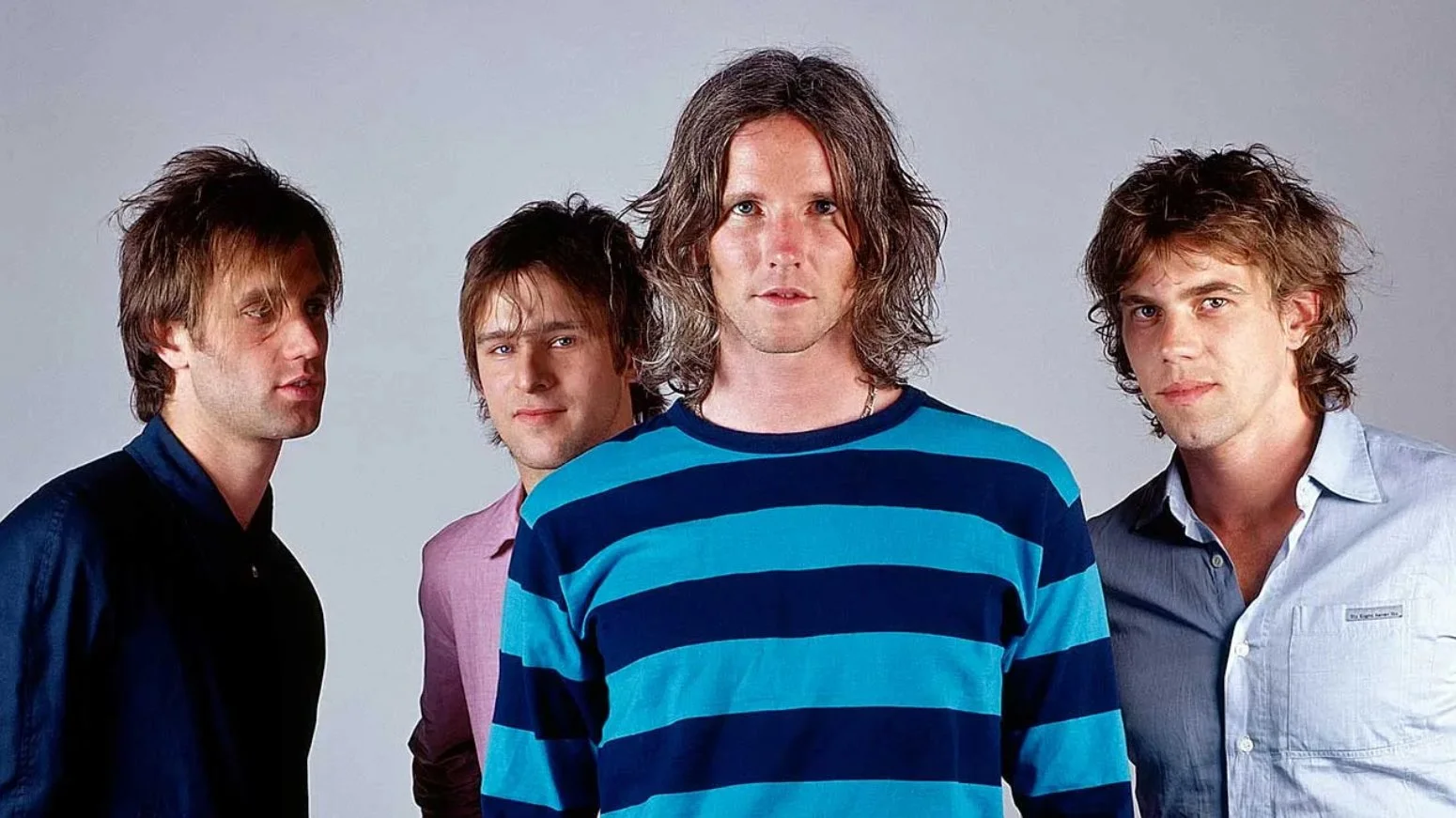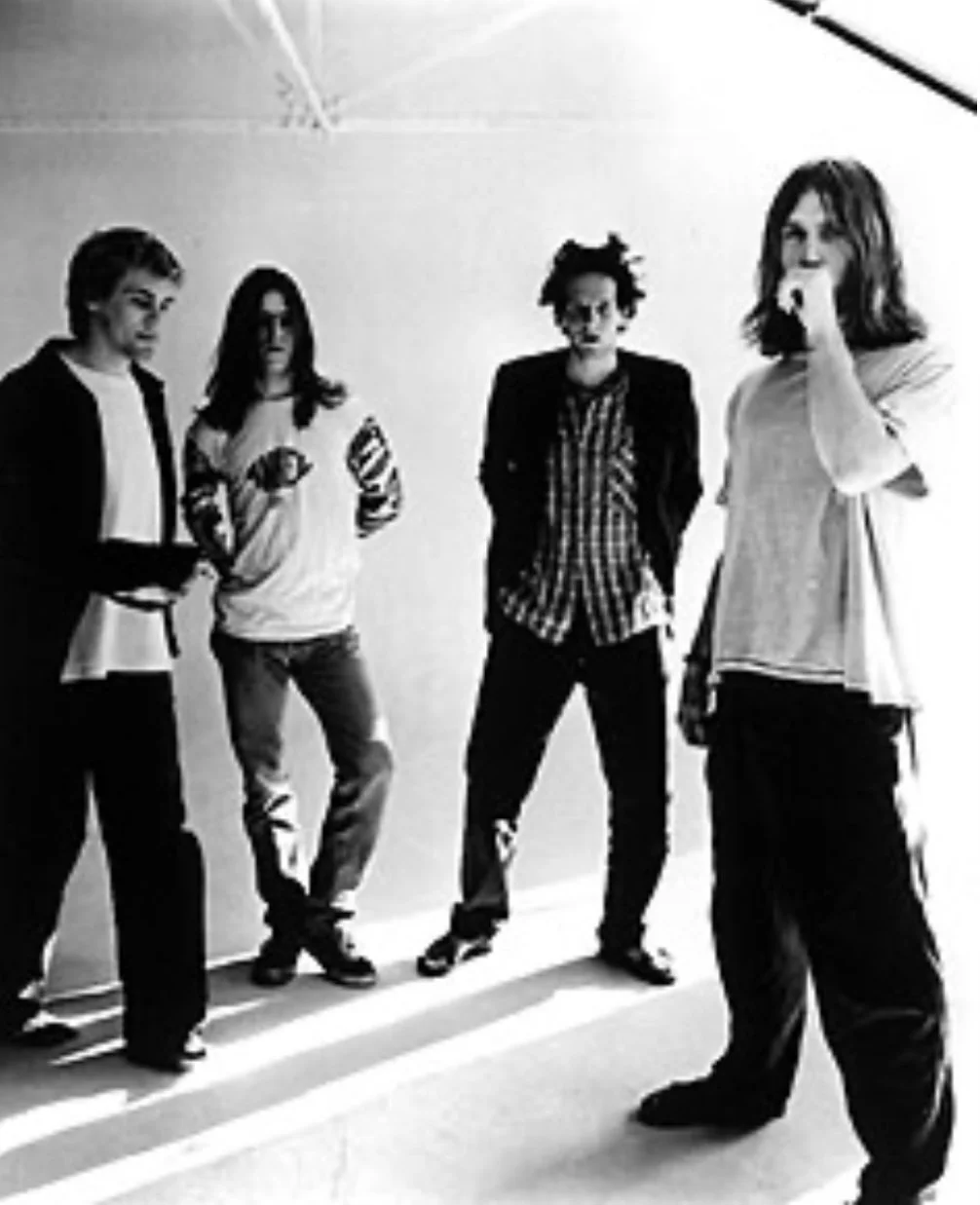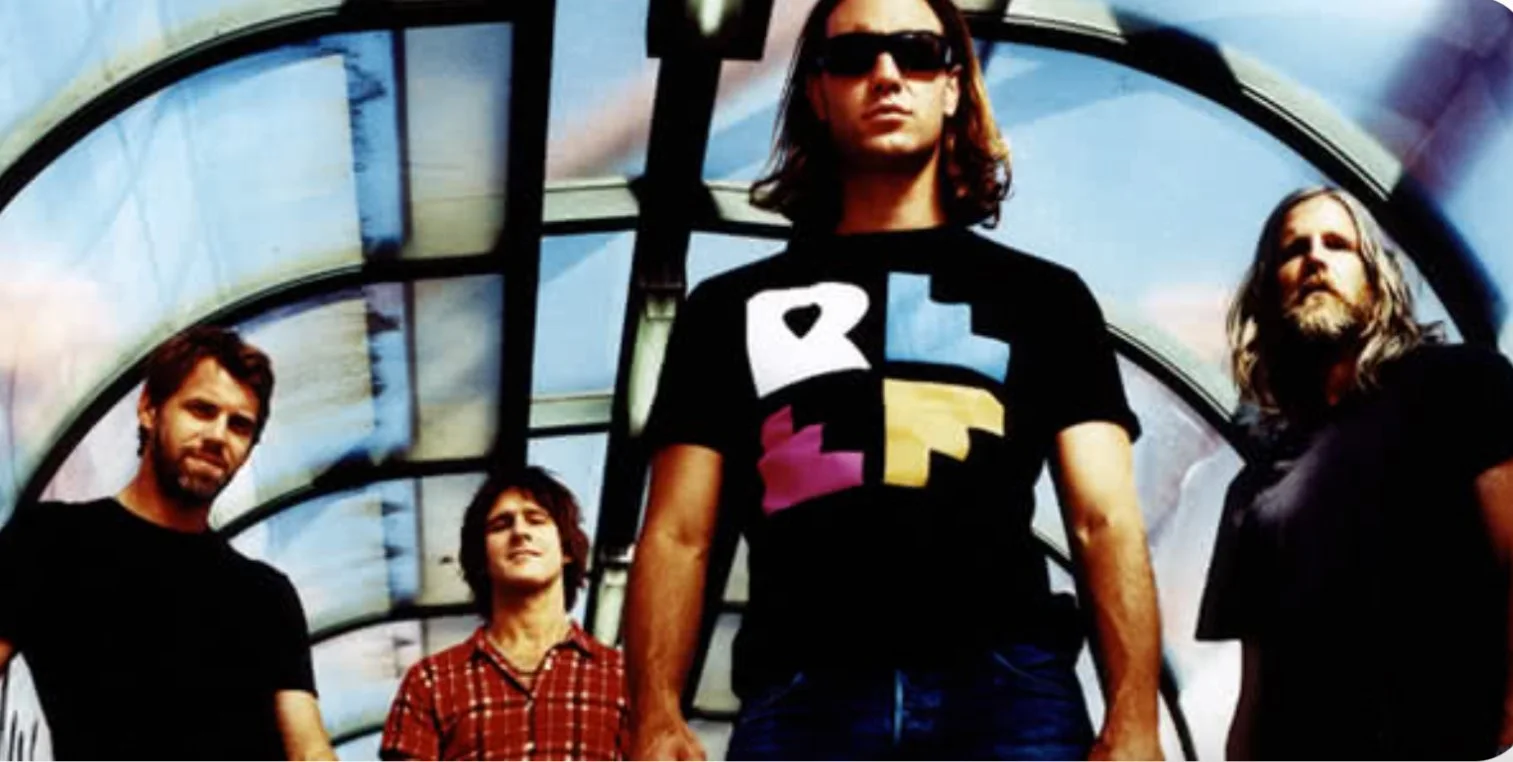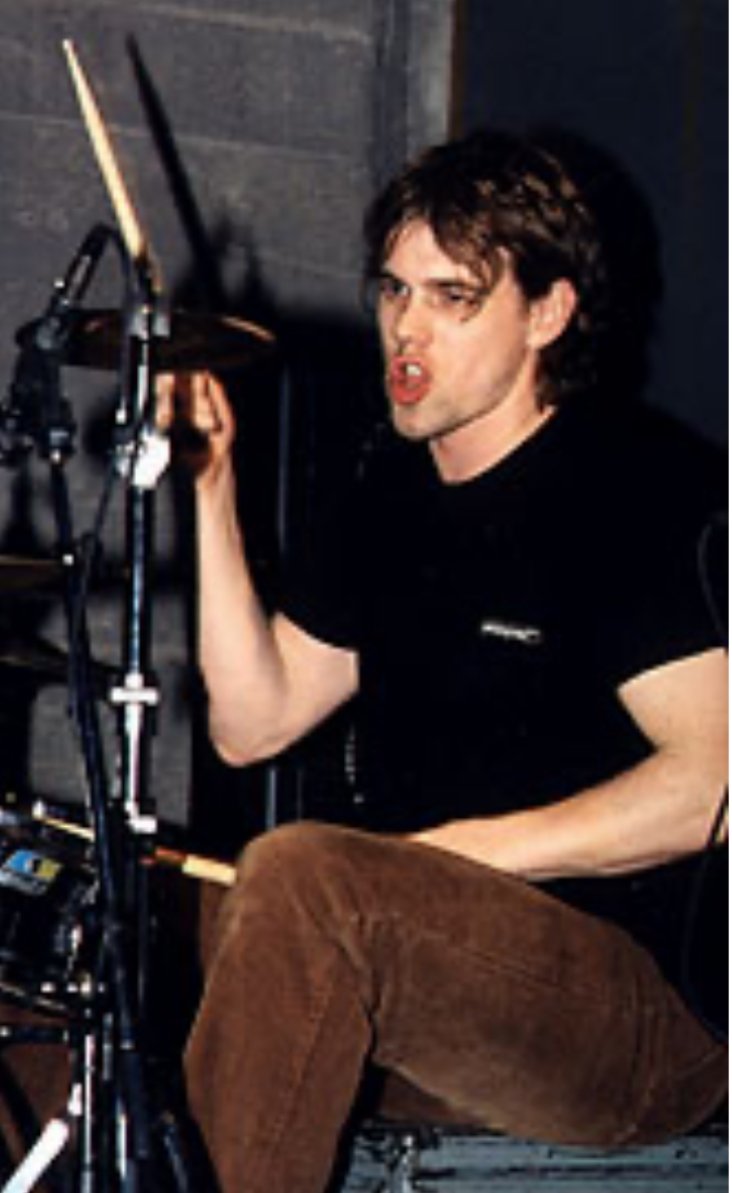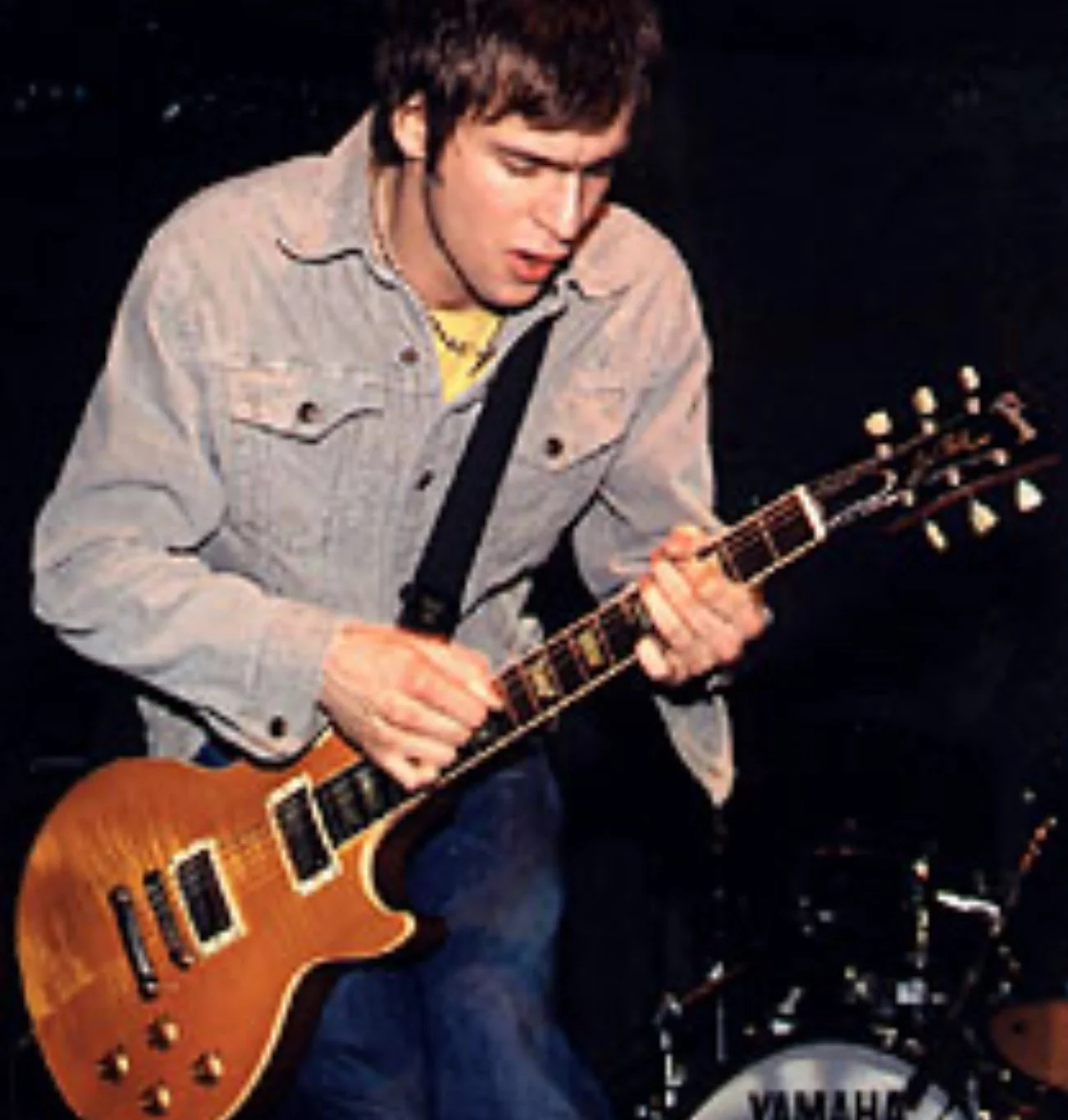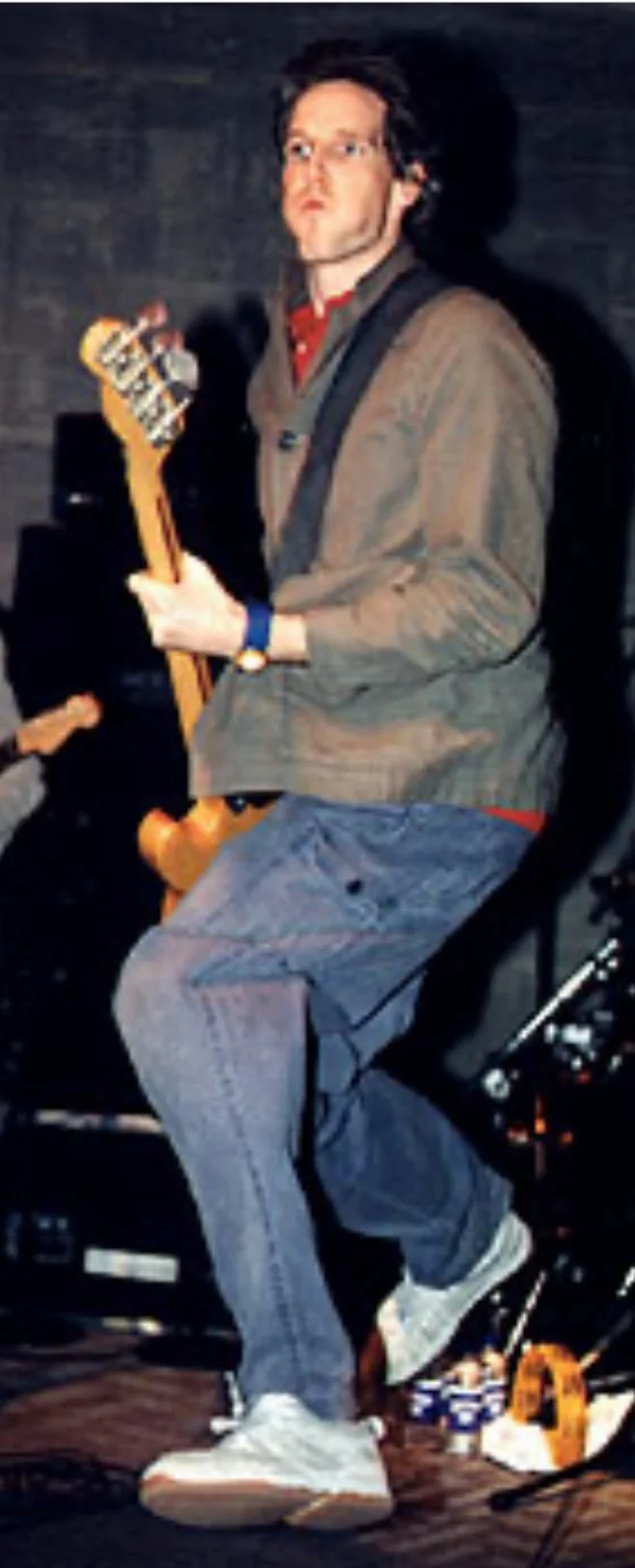On this day, 6 June 2007, indie rock band The Enemy played Cardiff University.
Formed in Coventry in 2006, the band's debut album We'll Live and Die in These Towns (2007) went straight to number one in the UK Albums Chart on release.
They first gained acclaim when they were mentioned in NME as the act most likely to "break your windows" for 2007. They supported Oasis, The Fratellis, Kasabian, The Paddingtons, Ash, Manic Street Preachers, The Rolling Stones and Stereophonics on their UK tours.
In June 2007, The Enemy played twice at Glastonbury Festival, first in the 'Guardian Lounge' on Saturday and then the much larger 'Other Stage' on Sunday. They also headlined on the Saturday night of T in the Park in the 'Futures' tent on 7 July 2007.
Their single, "Away From Here" entered the charts at number 8 and its follow-up "Had Enough" entered the charts at number 4. Building on their rapid exposure, The Enemy appeared on the NME 2007 Rock 'N' Roll Riot Tour during September and October 2007 along with Lethal Bizzle and The Wombats as well as the Jersey Live Festival. They also supported The Rolling Stones on the last night of their European tour at the O2 Arena.
In September 2007, Alex Zane, presenter of the Xfm Breakfast Show broadcast a statement declaring that the band would not be played on his show again. After playing their single "You're Not Alone" for seven seconds, he reasoned that altercations between himself and the band over a television interview meant that they would no longer be played by him. However, during the Xfm Review of 2008, the presenters Sunta Templeton and Matt Dyson commented on the band and Zane making up.


